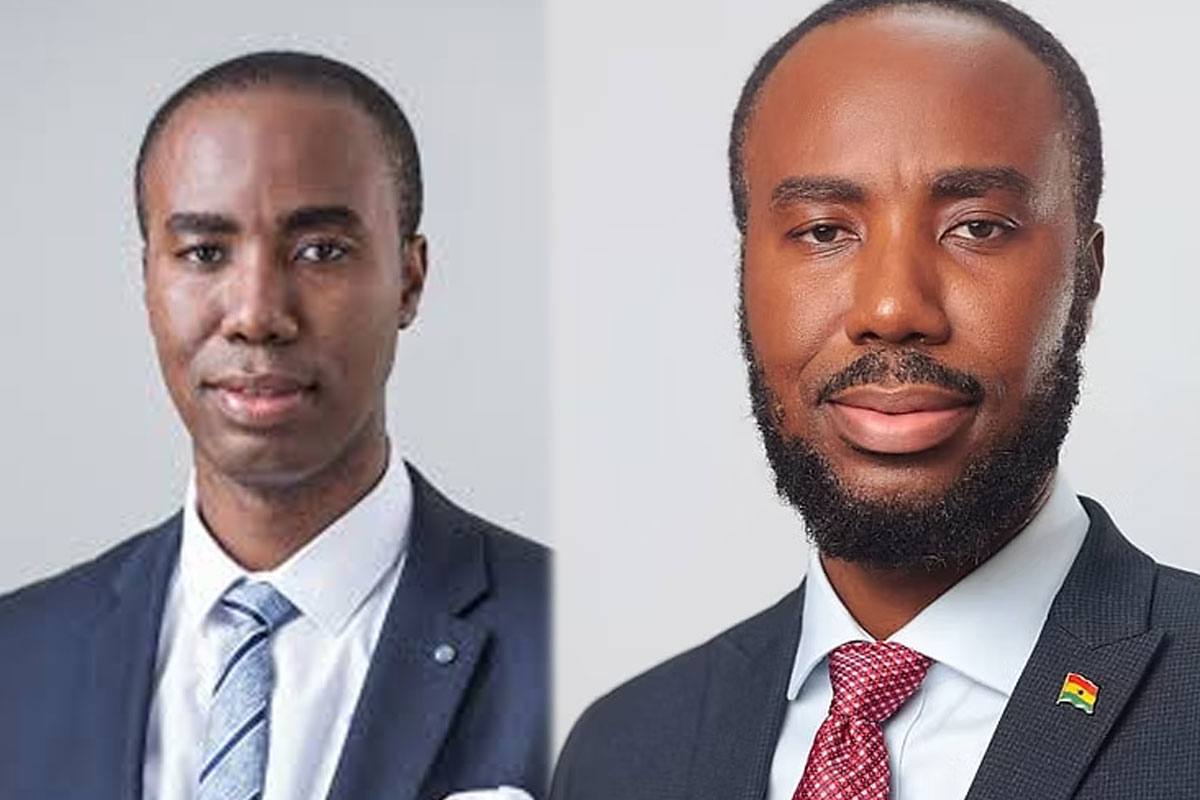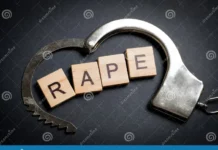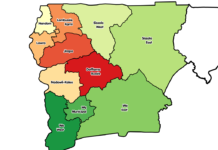
The integrity of Ghana’s fight against corruption is once again being tested. Prosecutors have accused Kwabena Adu-Boahene, once considered a diligent public servant of failing to declare his assets while in office, a serious legal and ethical breach that adds fuel to the growing GH₵ 49 million cybersecurity funds scandal.
The accusations come amid a broader investigation into the suspected embezzlement of public funds earmarked to protect Ghana’s digital infrastructure.
These funds, meant to defend against cyberattacks and modernize national security systems, are now at the center of a corruption storm that threatens to undermine public trust in government institutions.
“When the watchdog is compromised, who protects the people’s purse?”
The Allegations
At the heart of the new controversy is Adu-Boahene’s alleged failure to comply with asset declaration laws—a requirement for all public officials in Ghana. Prosecutors claim this lapse is not merely procedural, but potentially intentional, raising questions about whether assets were deliberately hidden to avoid scrutiny.
Legal analysts argue that undeclared assets often signal attempts to conceal income gained through improper or illegal means. In corruption cases, such omissions are red flags that invite closer examination of a suspect’s financial dealings, lifestyle, and influence over public contracts.
The Bigger Picture: GH₵ 49M in Question
The undeclared assets revelation comes as part of a sweeping investigation into the misappropriation of nearly GH₵ 49 million in public funds allocated for cybersecurity development. These funds were intended to upgrade national systems, improve data protection, and prepare government agencies for the growing threat of cybercrime.
Instead, auditors and prosecutors have uncovered a trail of suspicious expenditures, questionable contracts, and irregular financial flows.
Kwabena Adu-Boahene’s role in the administration and oversight of these funds has come under intense scrutiny—especially now, with asset declaration non-compliance added to the list.
Public Outcry and Institutional Response
The Ghanaian public, long weary of corruption scandals, has responded with growing frustration. Civil society groups and anti-corruption advocates are demanding not only legal accountability, but systemic reform. The Adu-Boahene case has become a symbol of the wider challenges facing public governance in the country.
“Every case like this chips away at trust,” said one civic leader. “When leaders can’t follow basic rules like asset declaration, how can we trust them to manage millions meant for national security?”
Meanwhile, calls for transparency and reform within the institutions that handle public funds are growing louder. Critics argue that weak enforcement mechanisms and political shielding allow high-profile figures to escape consequences—something many hope will change with this trial.
What Happens Next?
Adu-Boahene is expected to appear in court again in the coming weeks, where prosecutors will formally present the asset declaration violations alongside other charges. Legal observers say the outcome could be pivotal—not only for this case but for how future corruption cases are prosecuted in Ghana.
If convicted, Adu-Boahene could face significant fines and jail time, and the case may trigger wider audits and asset probes involving other officials connected to the cybersecurity funds.
A Moment of Reckoning
This scandal, painful as it may be, could also be an opportunity—a turning point for Ghana’s anti-corruption agenda. The question now is whether the system will rise to meet the challenge or continue the cycle of impunity.


















































![Morocco knock out Spain on 3-0 penalties to reach FIFA World Cup 2022 quarter-final, Morocco vs Spain (0-0) (3-0) [Video]. Morocco knock out Spain on 3-0 penalties](https://ghanaregions.com/wp-content/uploads/2022/12/Watch-Morocco-vs-Spain-0-0-and-3-0-penalties-218x150.jpg)



































